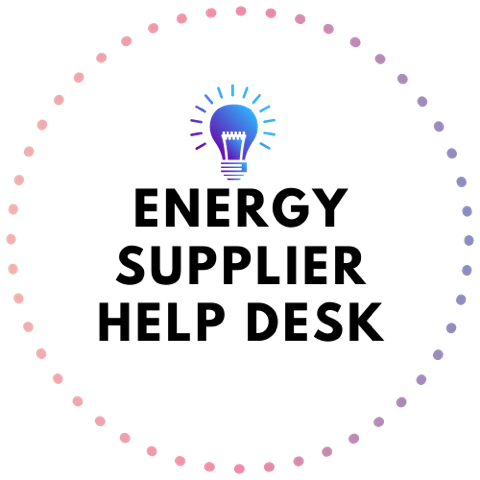Fix the Retail Energy “Green Power” Hoodwink
SB1 / HB 267 addresses the regulatory gaps in MD’s “green offers”
It’s RECs, not turbines: Suppliers buy add’l voluntary renewable energy certificates (RECs) above the state RPS limits paired with PJM electricity; the same energy as your neighbors who are not on retail supply. SB1 / HB 267 requires:
Better quality and more local RECs
New reporting: what REC types (hydro, trash, solar, wind) and from where.
Requires marketing disclosure to make transparent - this is REC-based product, it’s not clean energy.
HUGE rate premiums, for what? Suppliers disguise “free market” price gouging behind clean energy claims. See the rates charged, on average $725 more per account in 2022. SB1 / HB 267 requires rate guardrails tied to regulated rates. And, not many know that Inspire Energy is owned by Shell Oil, ironic.
For the math wonky types-On average, suppliers bought 7 RECs on behalf of each “green offer” account to green-up about 7,000 kwh electricity. So, CleanChoice charged customers $140 more per REC, NRG’s Green Mountain $110 more per REC. These are cheap, voluntary market RECs, run about $5 max per REC. If you want to dive deep into voluntary RECs, read this report.
The data source is Dept. of Energy’s EIA861 files. This chart is Maryland residential results and all figures are self-reported by retail marketers.

